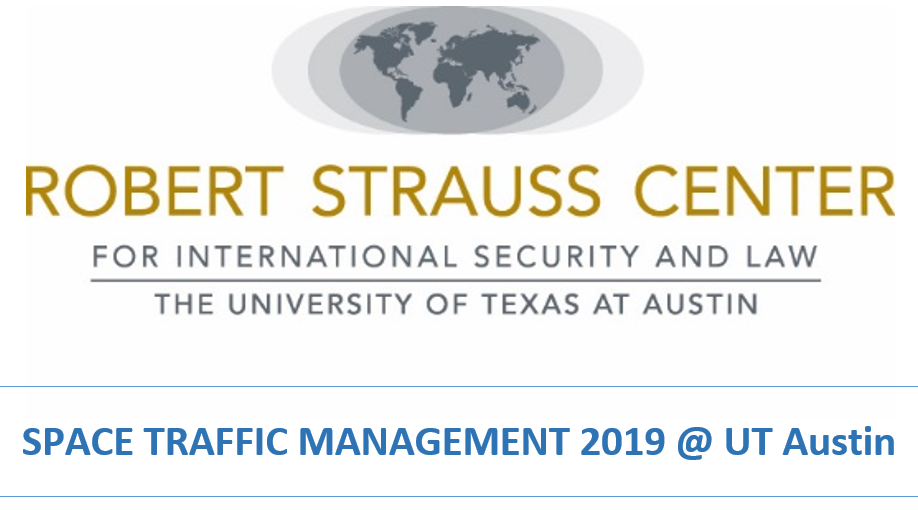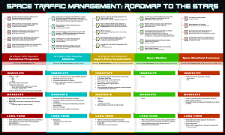Presentation Type
Paper (supporting PowerPoints may be added as Additional Files)
Location
Bass Auditorium
Start Date
27-2-2019 10:45 AM
Abstract
The recent Space Policy Directive-3, issued on June 18th, 2018, commands several sectors of the federal executive apparatus to reassess their current and future efforts to address space traffic management and space situational awareness issues. The reasons for this Directive can be boiled down to the belief that the continued use of the orbital realm depends on responsible management, which in turn depends on myriad factors that include the development of new technologies, the refinement of data gathering, and the clarification of governmental operational roles. In particular, the Directive calls for enhanced standardization of safety and best practices, and doles out tasks for relevant agencies, among which the Federal Communications Commission plays a significant role. Given the FCCs influence on the licensure of satellites and the proliferation of constellations, it will be a leader in fulfilling the obligations set out in SPD-3. In October of 2018, the FCC announced it would revisit its much older orbital debris management rules, with an eye towards their revision and in light of its responsibility for increasing traffic in outer space. In November, they released their Notice of Proposed Rulemaking, in which they tackle a multitude of germane topics, from spectrum use to orbital lifetime, and from choice of orbit to post-mission disposal. This paper proposes to examine how the FCC’s planned changes will address concerns outlined in SPD-3, and what work remains to be done.
Area of Interest
Space Situational Awareness
Included in
Air and Space Law Commons, Communications Law Commons, Environmental Policy Commons, Infrastructure Commons, Public Policy Commons
New Standards for an Old Problem: the Role of the Federal Communications Commission in Fulfilling Space Policy Directive-3
Bass Auditorium
The recent Space Policy Directive-3, issued on June 18th, 2018, commands several sectors of the federal executive apparatus to reassess their current and future efforts to address space traffic management and space situational awareness issues. The reasons for this Directive can be boiled down to the belief that the continued use of the orbital realm depends on responsible management, which in turn depends on myriad factors that include the development of new technologies, the refinement of data gathering, and the clarification of governmental operational roles. In particular, the Directive calls for enhanced standardization of safety and best practices, and doles out tasks for relevant agencies, among which the Federal Communications Commission plays a significant role. Given the FCCs influence on the licensure of satellites and the proliferation of constellations, it will be a leader in fulfilling the obligations set out in SPD-3. In October of 2018, the FCC announced it would revisit its much older orbital debris management rules, with an eye towards their revision and in light of its responsibility for increasing traffic in outer space. In November, they released their Notice of Proposed Rulemaking, in which they tackle a multitude of germane topics, from spectrum use to orbital lifetime, and from choice of orbit to post-mission disposal. This paper proposes to examine how the FCC’s planned changes will address concerns outlined in SPD-3, and what work remains to be done.



Comments
Visit the panel session Governance Panel